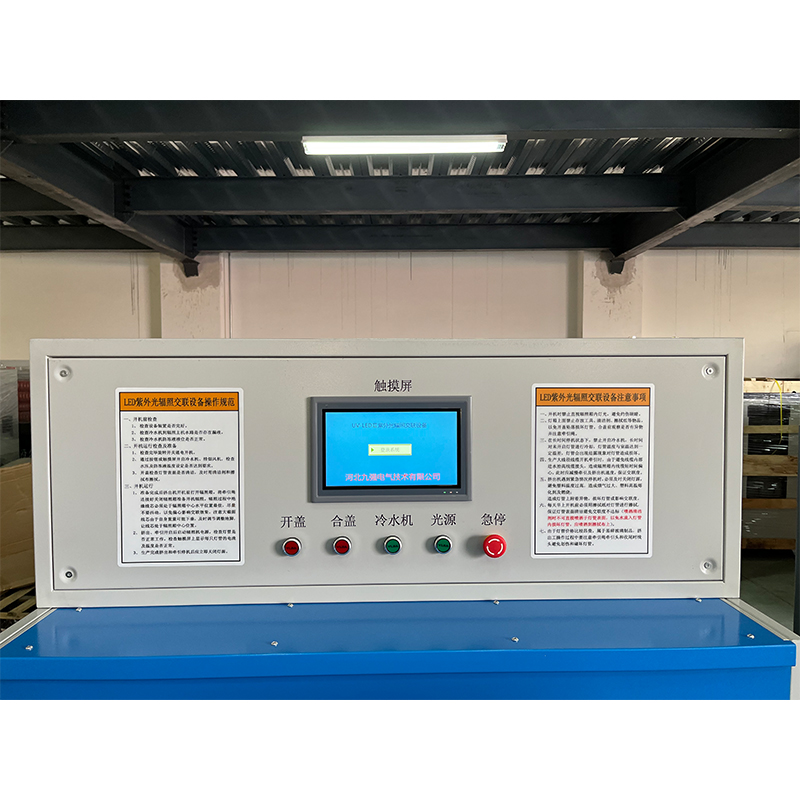50 Ton Tensile Testing Machine for Accurate Material Strength Evaluation
The Importance of a 50 Ton Tensile Tester in Material Science
In the realm of materials testing, tensile strength is a critical property that determines how materials will perform under tension and stress. Understanding this characteristic is vital across various industries, including construction, manufacturing, and research. A 50 ton tensile tester stands out as an essential tool for engineers, material scientists, and quality control professionals, enabling precise measurements of a material's tensile properties.
The Basics of Tensile Testing
Tensile testing, also known as tension testing, involves applying a force to a material sample until it deforms or breaks. During this process, key properties such as yield strength, ultimate tensile strength, elongation, and reduction of area are measured. The information garnered from these tests helps to predict how materials will behave in real-world applications, ensuring safety and reliability.
The Mechanics and Design of a 50 Ton Tensile Tester
A 50 ton tensile tester is designed to accommodate a wide range of materials, from metals and composites to plastics and textiles. The name indicates the maximum tensile force the machine can apply—50 tons, or approximately 100,000 pounds. This significant capacity makes it suitable for testing larger specimens or materials with exceptional strength.
The design typically includes a robust frame to withstand high forces, a loading mechanism (which can be hydraulic or mechanical), and precise measurement systems (such as extensometers) to monitor elongation and strain. The system often comes equipped with digital interfaces for data collection and analysis, providing accurate real-time feedback to the operator.
Applications of a 50 Ton Tensile Tester
The versatility of a 50 ton tensile tester makes it indispensable in various sectors. Some notable applications include
1. Construction Materials In the construction industry, the tensile strength of materials like steel, concrete, and composites is critically assessed to ensure structural integrity. A tensile tester allows engineers to test rebar and cable materials, which play a pivotal role in building safety.
2. Aerospace and Automotive Industries These industries demand materials that can withstand extreme conditions. A 50 ton tensile tester is often employed to analyze metal alloys and composite materials used in aircraft and vehicles, contributing to innovation and safety enhancements.
50 ton tensile tester

3. Textile and Polymer Testing In the textile industry, testing fabric strength is crucial for product development. A tensile tester evaluates the durability of fabrics, ensuring they can withstand everyday wear and tear.
4. Research and Development Academic and industrial researchers utilize tensile testing to explore new materials and improve existing ones. The ability to test a variety of materials at high capacities accelerates innovation in material design.
Benefits of Using a 50 Ton Tensile Tester
The advantages of employing a 50 ton tensile tester extend beyond just measuring tensile strength. These benefits include
- Precision and Accuracy Advanced technology integrated into modern tensile testers ensures precise measurements, minimizing errors during testing.
- Wide Range of Testing The high capacity allows for testing of a variety of materials, from thin wires to large structural components, making it suitable for multiple applications.
- Data Analysis Many testers come with software solutions that facilitate detailed data analysis and reporting, helping engineers and scientists make informed decisions based on empirical results.
- Regulatory Compliance In many industries, compliance with safety standards and regulations is non-negotiable. Tensile testing provides the data necessary to meet these requirements and ensure product quality.
Conclusion
In summary, a 50 ton tensile tester is an indispensable tool in the field of materials science. Its ability to accurately measure the tensile properties of various materials supports innovation and safety across multiple industries. Whether it’s ensuring the strength of a bridge, enhancing the performance of an aircraft, or developing durable consumer products, the importance of this testing machine cannot be overstated. As technology continues to advance, the role of tensile testing in research and application will only grow, reinforcing the foundation of material reliability and performance in our built environment.
-
Why the Conductor Resistance Constant Temperature Measurement Machine Redefines Precision
NewsJun.20,2025
-
Reliable Testing Starts Here: Why the High Insulation Resistance Measuring Instrument Is a Must-Have
NewsJun.20,2025
-
Flexible Cable Flexing Test Equipment: The Precision Standard for Cable Durability and Performance Testing
NewsJun.20,2025
-
Digital Measurement Projector: Precision Visualization for Modern Manufacturing
NewsJun.20,2025
-
Computer Control Electronic Tensile Tester: Precision and Power for the Modern Metal Industry
NewsJun.20,2025
-
Cable Spark Tester: Your Ultimate Insulation Assurance for Wire and Cable Testing
NewsJun.20,2025
 Copyright © 2025 Hebei Fangyuan Instrument & Equipment Co.,Ltd. All Rights Reserved. Sitemap | Privacy Policy
Copyright © 2025 Hebei Fangyuan Instrument & Equipment Co.,Ltd. All Rights Reserved. Sitemap | Privacy Policy
